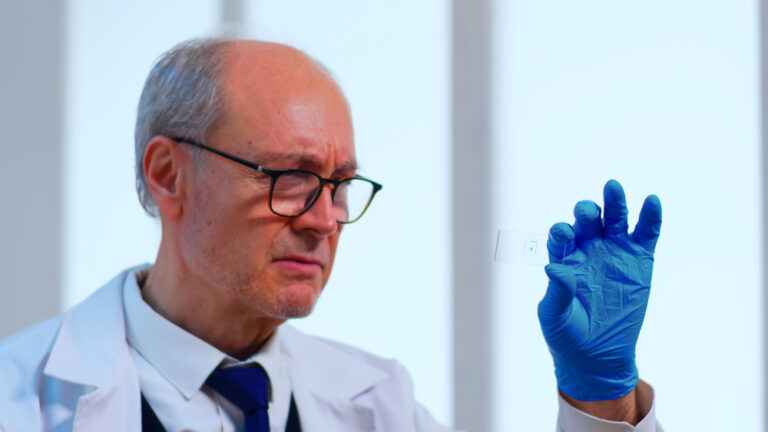
There are times when DNA testing is needed after a person has died. This may happen for many reasons, including figuring out paternity, making sure family ties are real, or for legal reasons like property claims. Deceased person DNA testing is very important for helping families find answers even after a loved one has died. This article will discuss the nature of this testing and how it is carried out. You will also learn why it may be crucial for those looking for answers and satisfaction.
What is Deceased Person DNA Testing?
To find answers about a person’s genes, a deceased person’s DNA testing involves taking DNA from a dead body and analyzing it. DNA from the dead can be used to find organic connections like fatherhood, motherhood, family ties, and even ancestry from a long time ago. This kind of testing can be very important when legal rights need to be proven. Such as when there are disagreements over a transfer or when figuring out who should get the money from an estate.
Sometimes DNA samples from the dead can be found in stored tissue, blood samples taken during medical treatments, or even by digging up the body. If it’s not possible to get direct samples, results can be drawn from secondary means, like checking family members.
How is Deceased Person DNA Testing Performed?
The process of deceased person DNA testing depends on the condition of the body and the availability of genetic material. Here are some common methods:
- Existing DNA samples:
DNA samples from the dead person may already be available. Such as those taken during medical tests done in the past. You don’t have to take any more samples from the body to use these ones.
- Post-mortem tissue samples:
If no DNA samples have been taken before, samples can be taken from heart, liver, or blood cells. These can be kept frozen in hospitals or autopsy labs.
- Bone and teeth extraction:
Bones and teeth can often be used to get DNA from soft parts that are no longer usable. This is because bones and teeth can hold genetic material for a long time.
- Testing family members:
If DNA from the dead person can’t be recovered, genetic tests of close cousins like parents, brothers, or children can help by comparing the results. This is called DNA testing which is indirect.
Legal and Practical Uses of Deceased Person DNA Testing
Deceased person DNA testing serves several legal and practical purposes, helping individuals and families in various situations:
- Paternity and maternity confirmation:
This kind of DNA testing can help clear things up when someone isn’t sure about the real father or mother after a parent has died. This is often needed in court situations, like when someone wants to get social security payments or custody of their child.
- Medical history and genetic health risks:
Families sometimes want to know what DNA health risks a dead person may have left for their children and grandchildren. Deceased person DNA testing can give us important information about diseases that run in families. This can help future generations make better health decisions.
- Genealogical research:
Families who are interested in their background and ancestry can fill in gaps in their family history by checking the DNA of cousins who have died. When family records are missing information, testing the DNA of the dead can help find ancestors. You can also find long-lost family lines.
Finding Reliable DNA Testing Services
Finding the right service provider is very important if you need to do DNA tests on a dead person. Research licensed labs that offer specialized services in DNA research after the death of a person. You can start by looking for DNA testing services near me. This will help you find trustworthy labs that can handle your case well. For example, Choice DNA is one of the best labs to deliver services for deceased person DNA testing.
Some companies also sell online DNA testing kits that family members can use to get DNA samples at home. Even though these services are helpful, they might not always work for DNA tests on people who have died. This usually need a more advanced method. When this happens, it’s best to get help from a forensic expert or a lawyer who can tell you what to do.